Do you like all the people you have added as online friends? Apparently, Not. Most people have online friends that they would cross the street to avoid seeing in person. Still, researchers have found that people connect with others as Facebook friends despite disliking them.
Social conventions and politeness might prompt individuals to accept or send friend requests, even if they don’t genuinely like the person. Rejecting or unfriending someone could be perceived as impolite. Also, some individuals may prefer to passively observe others they dislike online just out of curiosity. Another reason could be that passively consuming information is not as exciting as actually connecting with others online. Social media provides global connectivity where millions of people interact daily using images, posts, comments, messages, likes and reshares.

Personality May Hold Answers Regarding Why People Add Random Strangers On Social Media
The personality of users may explain why many people add random people as Facebook friends. For example, neurotic people may want to show the world that they have a big social circle, extraverts may want to engage with as many people as possible, agreeable people may find it hard to turn down an invitation to connect, and narcissists may like to share their fortunes with the population at large.
Similarly, attachment styles can also give an insight into why disliked people are added as friends. For example, anxiously attached individuals tend to feel uncomfortable with themselves and may give precedence to their relationships with others online.
Research Answers Why People May Be Adding Disliked People As Friends On Social Media
Most people are aware that social media profiles are embellished to attract more online friends, yet intense feelings of love, hate, jealousy, envy, and anger are directed towards online profiles. Research conducted on 305 college students found that majority of Facebook users added others as ‘Facebook friends’ despite disliking them. Additionally, 85% of the research participants actively read postings of their online ‘friends’, even though they found those postings annoying.

Some underlying factors that could increase the odds of friending disliked people on Facebook and reading their annoying posts include gender. For example, female Facebook users were more prone to adding disliked others and reading annoying Facebook posts. Additionally, users with high Facebook use (irrespective of gender), or those experiencing higher general relational anxiety also added disliked others as Facebook friends and read their annoying posts.
Another study found that sharing excessive photos of family and friends on social media could adversely impact one’s relationship quality. For instance, researchers found that individuals who frequently shared photos of their friends on social media tended to receive less support and intimacy from their family members. Similarly, individuals who frequently shared photos of their family on social media tended to have less supportive friends.
Take home message: Choose your books and social media friends very cautiously.
For Further Reading
https://mindfulrelation.com/the-24-hour-day-can-we-reclaim-the-time-invested-in-virtual-relationships/
Houghton, D., Joinson, A., Caldwell, N., & Marder, B. (2013) Tagger’s delight? Disclosure and liking in Facebook: the effects of sharing photographs amongst multiple known social circles. Discussion Paper. University of Birmingham, Birmingham.http://epapers.bham.ac.uk/1723/1/2013-03_D_Houghton.pdf
Vendemia, M. A., High, A. C., & DeAndrea, D. C. (2017). “Friend” or foe? Why people friend disliked others on Facebook, Communication Research Reports, 34, 29-36. doi:10.1080/08824096.2016.1227778
About the Author: Irum Abbasi is a post-doctoral researcher. Her research focuses on unraveling different ways in which social media shapes and influences various types of relationships, ranging from personal connections to professional networks.



It’s interesting how social media blurs the line between genuine connections and superficial interactions. Many people add others as friends out of politeness or curiosity, even if they don’t truly like them. The pressure to maintain a large social circle or avoid appearing rude seems to drive these decisions. Passive observation of disliked individuals also seems to be a common behavior. Why do you think people continue to engage with those they dislike online instead of simply unfriending them?
Interesting read! It’s fascinating how social media has created this paradox where we connect with people we might not even like in real life. I wonder if this is more about societal pressure or just the fear of missing out. Do you think people genuinely care about maintaining these superficial connections, or is it just a habit at this point? It’s also intriguing how personality traits like neuroticism or extroversion play a role in this behavior. I’d love to know if there’s a way to break this cycle without coming off as rude. What’s your take on unfriending someone you dislike—should it be normalized? And do you think social media platforms should encourage more genuine interactions?
Interesting read! It’s funny how we add people online we’d probably avoid in real life. Social media really blurs the line between politeness and authenticity, doesn’t it? I wonder if people even realize how much they’re influenced by social conventions when hitting that “Add Friend” button. It’s also fascinating how personality traits like neuroticism or narcissism play a role in this behavior. Do you think unfriending someone is really that big of a deal, or are we just overthinking it? And why do we keep scrolling through posts that annoy us—is it curiosity or just habit? What’s your take on this? Would you unfriend someone you dislike, or do you just mute them and move on?
Do you really think it’s necessary to keep people on your friends list if you don’t like them? I find it interesting how social conventions force us to maintain connections we don’t genuinely care about. It’s almost like we’re trapped in a cycle of politeness, even when it doesn’t serve us. I wonder if people are aware of how much energy they waste on these superficial relationships. Personally, I’d rather have a smaller circle of genuine connections than a large one filled with people I avoid in real life. Do you think social media has made us more tolerant of insincerity, or has it always been this way? What’s your take on unfriending someone—do you see it as rude or just a necessary boundary?